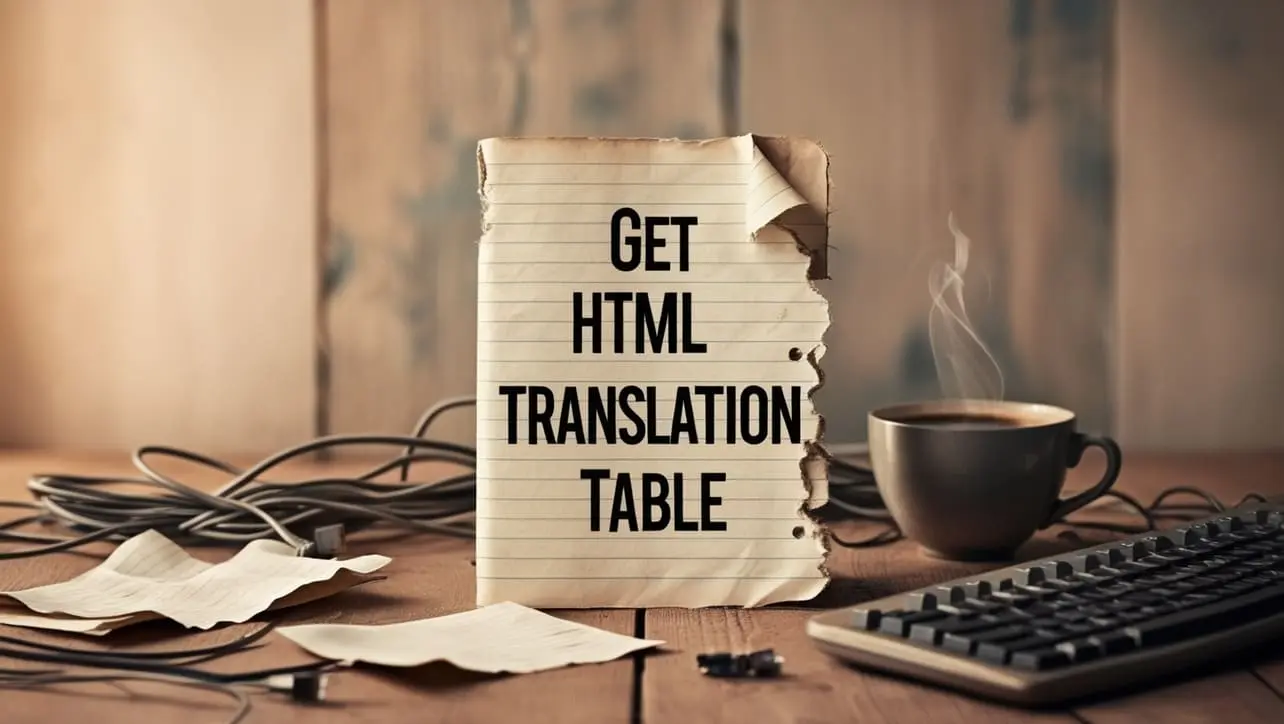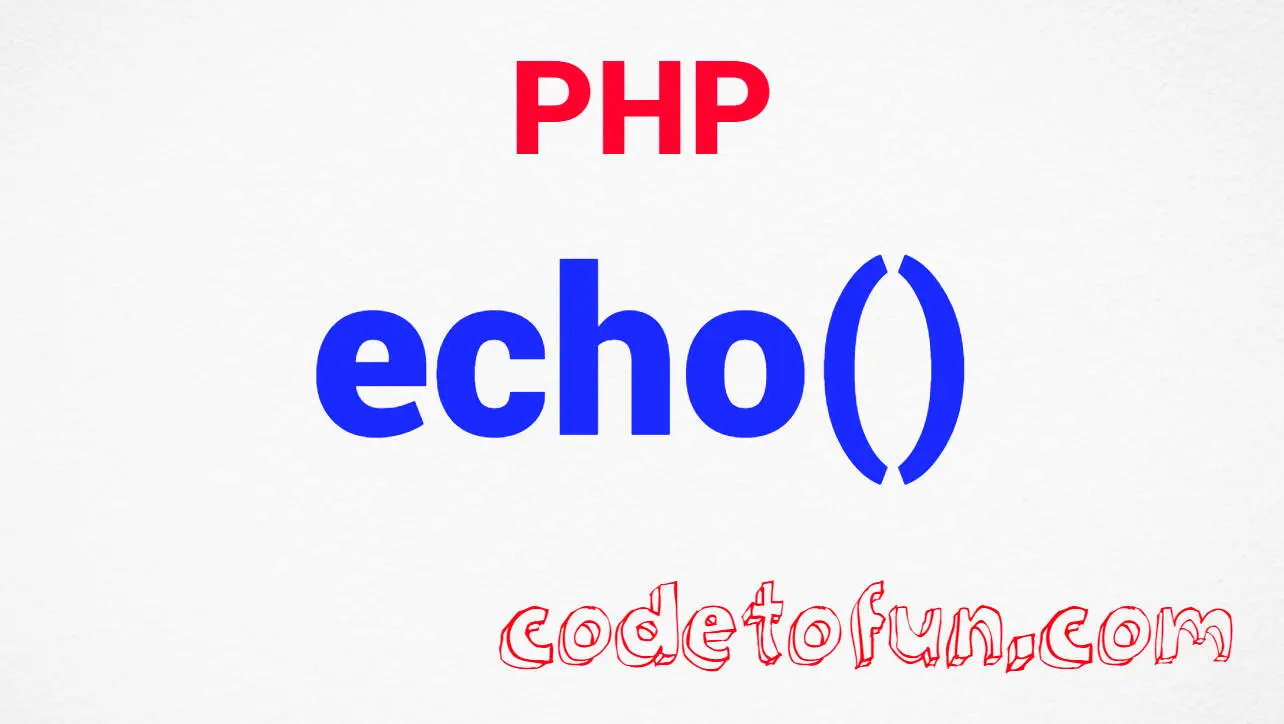
PHP Topics
- PHP Intro
- PHP String Functions
- addcslashes()
- addslashes()
- bin2hex()
- chop()
- chr()
- chunk_split()
- convert_cyr_string()
- convert_uudecode()
- convert_uuencode()
- count_chars()
- crc32()
- crypt()
- explode()
- fprintf()
- get_html_translation_table()
- hebrev()
- hebrevc()
- hex2bin()
- html_entity_decode()
- htmlentities()
- htmlspecialchars_decode()
- htmlspecialchars()
- implode()
- join()
- PHP Interview Programs
- PHP Star Pattern
- PHP Number Pattern
- PHP Alphabet Pattern
PHP String htmlentities() Function

Photo Credit to CodeToFun
🙋 Introduction
In PHP programming, dealing with HTML content often involves handling special characters to ensure proper rendering in web browsers.
The htmlentities() function is a powerful tool for converting special characters to their corresponding HTML entities.
In this tutorial, we'll explore the usage and functionality of the htmlentities() function in PHP.
💡 Syntax
The signature of the htmlentities() function is as follows:
string htmlentities(string $string, int $flags = ENT_COMPAT | ENT_HTML401, string|null $encoding = null, bool $double_encode = true)- $string: The input string containing the text to be converted.
- $flags (optional): A bitmask of one or more of the following flags:
- ENT_COMPAT: Default. Convert double-quotes and leave single-quotes.
- ENT_QUOTES: Convert both double and single quotes.
- ENT_NOQUOTES: Leave both double and single quotes unconverted.
- $encoding (optional): The character encoding. If not provided, the internal character encoding is used.
- $double_encode (optional): When double_encode is turned off, if an entity is already an HTML entity, it will not be encoded again.
📄 Example
Let's delve into an example to illustrate how the htmlentities() function works.
<?php
$text = "Hello, <strong>PHP</strong>!";
$encodedText = htmlentities($text, ENT_QUOTES);
echo "Original Text: $text\n";
echo "Encoded Text: $encodedText\n";
?>💻 Output
Original Text: Hello, <strong>PHP</strong>! Encoded Text: Hello, <strong>PHP</strong>!
🧠 How the Program Works
In this example, the htmlentities() function is used to encode the text "Hello, <strong>PHP</strong>!" with the ENT_QUOTES flag, which converts both double and single quotes to their corresponding HTML entities.
↩️ Return Value
The htmlentities() function returns the encoded string.
📚 Common Use Cases
The htmlentities() function is essential when working with user-generated content that will be displayed on a webpage. It prevents HTML injection and ensures that user input is safely rendered in the browser.
📝 Notes
- Use the html_entity_decode() function to reverse the effect of
htmlentities(). - Ensure that you understand the context in which the output will be used, as over-encoding may lead to unintended results.
🎢 Optimization
The htmlentities() function is optimized for encoding HTML entities. However, for performance considerations, avoid unnecessary encoding in situations where it's not required.
🎉 Conclusion
The htmlentities() function in PHP is a crucial tool for secure handling of user-generated content in web applications. By converting special characters to HTML entities, it helps prevent potential security vulnerabilities and ensures proper rendering in browsers.
Feel free to experiment with different strings and explore the behavior of the htmlentities() function in various scenarios. Happy coding!
👨💻 Join our Community:
Author

For over eight years, I worked as a full-stack web developer. Now, I have chosen my profession as a full-time blogger at codetofun.com.
Buy me a coffee to make codetofun.com free for everyone.
Buy me a CoffeeShare Your Findings to All
Recent Post in PHP














If you have any doubts regarding this article (PHP String htmlentities() Function), please comment here. I will help you immediately.